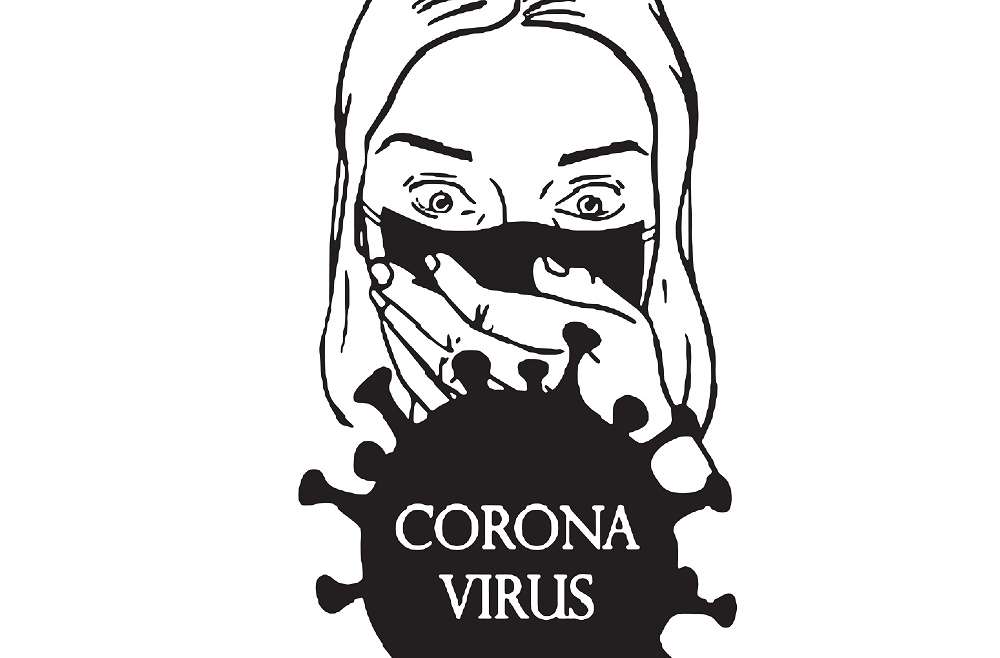The worldwide coronavirus crisis continues to raise questions about the disease’s symptoms, treatment options, and long-term health implications.
Some people are even wondering: Can coronavirus cause skin cancer?
Continue reading to learn more about COVID-19 symptoms, preventive measures, and if the virus has any known connections to skin cancer.
How Can I Protect Myself from Coronavirus?
In addition to practicing social distancing and following your state’s stay-at-home order, taking preventive measures is one of the best ways to protect yourself and others from coronavirus.
That being said, you should:
- Engage in thorough and regular handwashing, lasting at least 20 seconds
- Disinfect frequently touched surfaces
- Cover your nose and mouth when sneezing or coughing or sneeze or cough into you’re a tissue
- Stay home if you are not feeling well
- Wear a mask when in public places
- Contact your healthcare provider if you experience any concerning symptoms
Can Coronavirus Cause Skin Cancer?
COVID-19 is a new coronavirus, and information about the disease is constantly evolving and changing. This uncertainty can raise many questions, including: Can coronavirus cause skin cancer?
At this time, there isn’t any evidence that suggests that coronavirus can cause skin cancer.
Researchers believe that the virus primarily targets the lungs, but new symptoms are being identified on an ongoing basis.
What Are the Symptoms of Coronavirus?
Coronavirus symptoms typically present within two-to-14 days of infection and can include:
- A fever of at least 100.4 F
- Dry cough
- Shortness of breath
- Body aches and pains
- Feeling very tired
- Nasal congestion
- Runny nose
- Sore throat
- Headache
- Loss of smell or taste
Learn More About Coronavirus and Skin Cancer
For additional information about coronavirus and skin cancer, please call our office today to schedule a comprehensive consultation with board-certified dermatologist and fellowship-trained Mohs surgeon Dr. Johnathan L. Chappell.



